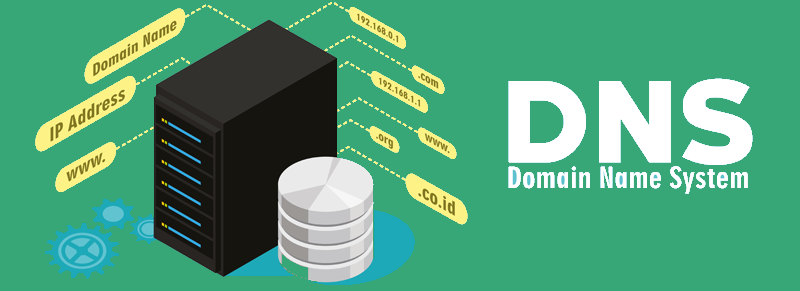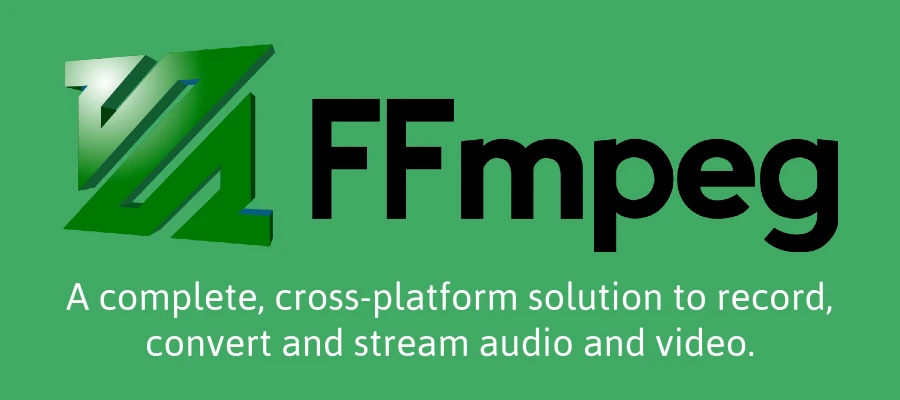
Introduction
Hello everyone,
In this post, I'm going to give you a must-follow privacy tip in this era. Which is to use a secure DNS option over your default ones.
Reference Materials
First Let's get to know What DNS servers are and their role.
DNS (Domain Name System) servers are an essential part of the Internet infrastructure. Their primary role is to translate human-readable domain names, such as "example.com," into IP addresses, like "192.0.2.1" (Like the Contacts app on your phone. You can get phone number by searching for a name in the Contacts app, DNS servers give you IP address to your URLs.), which computers use to identify each other on the network. When you enter a website's URL into your browser, a DNS query is sent to a DNS server to resolve the domain name into an IP address. The browser then uses this IP address to connect to the web server hosting the website, allowing you to access its content.
In summary, DNS servers act as a directory service, enabling seamless communication between users and websites by converting easily understandable domain names into IP addresses that computers can process.
There are two types of DNS Servers you can use,
- Public DNS Servers: These are easier to use, no pre-setup but you don't have control over it. E.g.
- Google DNS
- Cloudflare DNS
- Private DNS Servers: You need to either host it yourself or create a DNS server using a provider. E.g.
What are the default DNS servers provided by ISPs?
Default DNS servers are the DNS servers automatically assigned to you by your Internet Service Provider (ISP) when you connect to the Internet. While default DNS servers provided by ISPs are generally reliable and convenient, they may not always be the best option for every user. There can be concerns related to privacy, security, speed, and content restrictions that might prompt users to consider alternative DNS servers.
In the following sections, we will explore the reasons why you might want to change your default DNS servers and the benefits of using alternative DNS providers.
1. Improved Privacy
Default DNS servers provided by ISPs can log user data and browsing history because every time you visit a website, your device sends a DNS query to the ISP's DNS server to resolve the domain name into an IP address. This process allows the ISP to see which websites you are accessing, even if the connection to the website itself is encrypted (e.g., using HTTPS).
ISPs may store this information for various reasons, such as:
Network management and optimization: ISPs may use the collected data to analyze network traffic patterns, identify bottlenecks, and improve their infrastructure.
Legal compliance: In some jurisdictions, ISPs are required by law to retain user data for a certain period to comply with data retention regulations or to assist law enforcement agencies when necessary.
Targeted advertising: Some ISPs may use your browsing history to serve you targeted ads based on your interests and online behavior.
Selling data to third parties: In some cases, ISPs may sell anonymized user data to third parties, such as marketing companies or data brokers, for profit.
Using default DNS servers can raise privacy concerns for users who do not want their browsing history logged or shared. Switching to alternative DNS servers that prioritize privacy and do not store logs can help address these concerns.
2. Enhanced Security
Using default DNS servers provided by ISPs can expose users to certain security risks. Some of the common risks include:
DNS hijacking: This occurs when an attacker intercepts and redirects DNS queries to a malicious server, which can lead to users being sent to fake websites designed to steal sensitive information or distribute malware.
DNS cache poisoning: In this attack, an attacker manipulates the DNS cache of a server by injecting false IP addresses corresponding to domain names. As a result, users may be directed to malicious websites instead of the intended ones.
Man-in-the-middle attacks: Attackers can intercept and modify DNS queries and responses in transit, potentially redirecting users to malicious websites or altering the content of legitimate websites.
To mitigate these security risks, users can switch to secure DNS options, such as:
DNS over HTTPS (DoH): DoH encrypts DNS queries and responses using the HTTPS protocol, preventing eavesdropping and tampering by third parties. This ensures that your DNS traffic remains private and secure.
DNS over TLS (DoT): Similar to DoH, DoT encrypts DNS traffic using the TLS protocol, providing privacy and security for DNS queries and responses. It operates on a dedicated port (port 853) and is specifically designed for DNS traffic.
DNS-over-QUIC (DoQ): This is an emerging protocol that aims to improve the security and performance of DNS queries by combining the benefits of the QUIC (Quick UDP Internet Connections) protocol with DNS encryption.
Both DoH and DoT provide an additional layer of security by encrypting DNS traffic, making it more difficult for attackers to intercept or manipulate your DNS queries. When choosing an alternative DNS provider, look for those that support these secure DNS options to enhance your online security.
3. Faster Browsing Speeds
Alternative DNS servers can enhance browsing speeds through various optimizations and technologies:
- Global network of servers: Routing DNS queries to the nearest server geographically, reducing latency and speeding up domain name resolution.
- Anycast routing: Using anycast to route DNS queries to the nearest server, further reducing latency and improving DNS resolution speed.
- Optimized caching: Implementing advanced caching techniques for efficient storage and management of DNS records, resulting in faster response times for frequently requested domain names.
- Load balancing: Distributing DNS queries evenly across servers to prevent bottlenecks and ensure faster response times.
- Parallel queries: Querying multiple DNS servers simultaneously for a domain name, using the first server to respond for faster resolution times.
Popular alternative DNS providers known for their speed include Google Public DNS and Cloudflare DNS. Switching to high-performance DNS servers can lead to faster browsing speeds and reduced latency when accessing websites.
4. Customization and Control
Alternative DNS servers can provide users with more control over their browsing experience by offering customization options that are not available with default DNS servers. Some of the ways alternative DNS servers can provide control over the browsing experience include:
Blocking ads: Some alternative DNS servers offer ad-blocking features that can help reduce the number of ads displayed on websites, resulting in a cleaner and faster browsing experience.
Filtering out specific types of content: Alternative DNS servers can be configured to block access to specific types of content, such as adult content or gambling websites.
Parental controls: Some alternative DNS servers offer parental control features that allow parents to restrict access to certain websites or types of content for their children.
Customized blacklists and whitelists: Alternative DNS servers can be customized to block or allow access to specific websites or domains, giving users more control over their browsing experience.
By using alternative DNS servers with these customization options, users can tailor their browsing experience to their preferences and needs.
However, it's important to note that
You can use AdGuard DNS and NextDNS
as private DNS servers. They have adequate free options too.
5. Bypassing Content Restrictions
Don't expect much. This is just a side effect of changing DNS servers. This isn't a proper way to bypass content restrictions.
Changing DNS servers can help bypass certain content restrictions imposed by ISPs or governments. By using alternative DNS servers, users can access websites that may be blocked or censored by their ISPs or governments.
Conclusion
- In summary, all I have to say is do your research, Try using some DNS servers. You can use public servers or private servers. It's your Choice.
- Put some of your time to figure out things in this post and implement this knowledge in your life. I assure you you won't regret it, especially if you prioritize your privacy.



